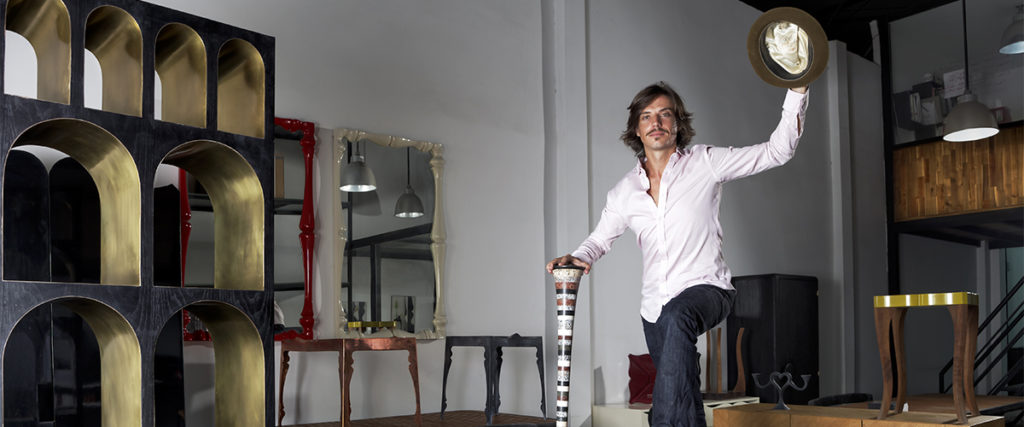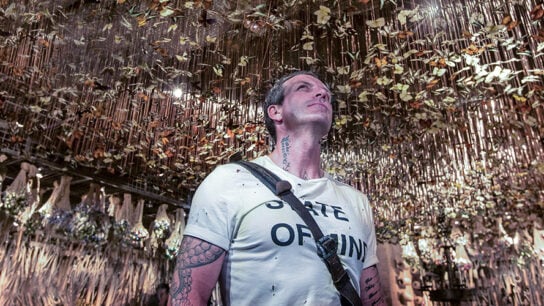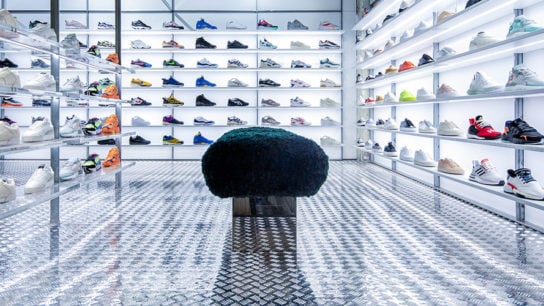Saigon-based, award-winning furniture designer John Reeves sheds light on his lifelong obsession with an object’s cultural individuality during an intimate talk at the artist haunt known as Salon Saigon.
The winner of the ELLE Decoration Design Award and other international accolades, furniture designer John Reeves has called Saigon his home for the last 14 years. Driven by the conviction that the design we surround ourselves with speaks not only of our character but also our culture, he has made a name for himself as a creator of pieces seen all over the world that tell a story of their time. At a recent talk given at Salon Saigon, a restored French-colonial mansion turned exhibition space, he shed light on his processes and productivity.
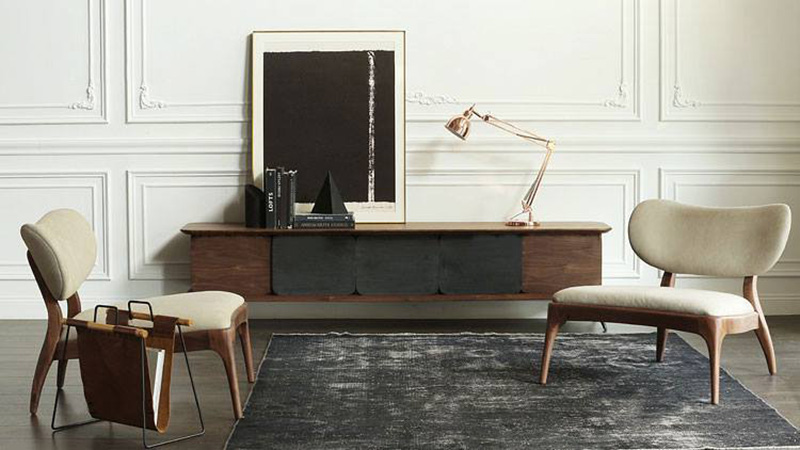
“I’m a son, a brother, a friend, who happens to also design furniture,” Reeves answers when asked to describe himself. Born into a vicarage in northern England, he grew up steeped in a spiritual and cultural heritage that spanned generations. “I questioned the worldly nature of objects,” he remembers. “Handed down furniture, in all its poignancy, is full of sentimental touchstones imbued with stories from a distant past.” Drawing on shintoism — which is based on the belief in kami: the sacred or mystical element which is in everything — Reeves’s work today continually searches for the soul of the object. It’s a quest he puts in large part down to one of the biggest influences in his life, his time spent with a Sudanese refugee who traversed the world from Cairo to England before turning up on Reeves’s doorstep. Reeves – then just a 14-year-old boy – enlisted his help in making “the absolute best bow and arrow,” the elegant object treasured by civilisations worldwide, learning life lessons and principles from the real-life warrior and huntsman that never left him.
Today, that same sense of reverence for the integrity of an item, intertwined with fervent curiosity is still what drives his creative journey. Graduating from Northumbria University with a degree in 3D design, he exhibited in Milan and London before he was offered a job in 2004 to move to Vietnam and work as the design manager for the Saigon arm of Julian Chichester Design, UK. It was a good place to end up. His adopted city is a hub for furniture design and manufacturing, having made a name for itself over the last decade as the place in Asia conceiving of and creating some of the world’s most exclusive pieces – both for niche and mainstream, high end and high street brands, with a thriving ecosystem that serves both.
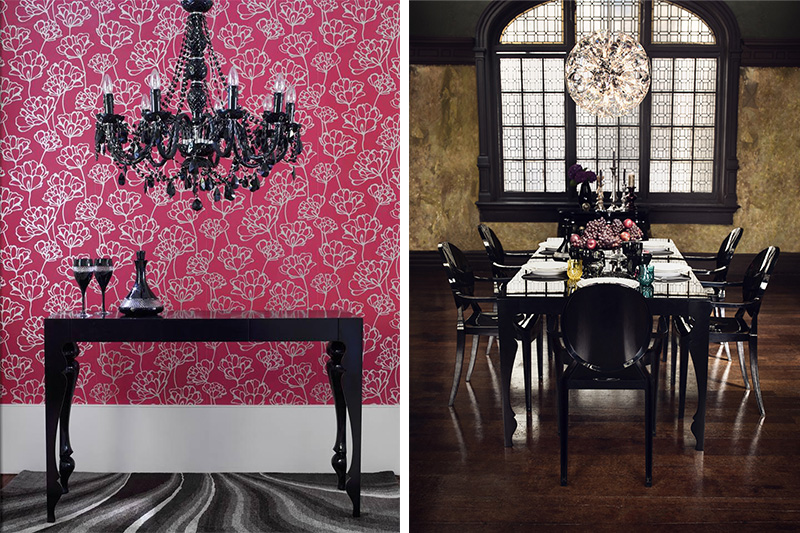
14 years later, Reeves is still in Vietnam, now at the helm of his own design business, with major clients found in England, American, China and Korea.“I do think that we should embrace our moment by recognising its context in our cultural history. Rather like a puzzle, it’s our responsibility to work out our voice in our time,” he explains of how he sees his approach to design. His most recognisable creation is his Louis console table, which is included in Heal’s 100 – the hall of fame of 100 design icons of the last 100 years by the prestigious British furniture store. A piece that captures the modern imagination whilst still paying homage to the past, it was seen when it launched in 2005 as an antidote to the pervasive trend for minimalism at that time, and typical of his work in that it’s a piece of furniture that can sit alongside both contemporary and heirloom items. It later won Reeves the ELLE Decoration Design Award in Future Classic and saw him exhibiting at the Victoria & Albert Museum in London.
His story-driven design approach continues. Take his recent ‘Sketch Furniture Collection.’ In classic tongue-in-cheek manner, Reeves describes its process as starting “with a word soup” and “classic mind-mapping shenanigans,” putting the sparks of idea into text. If artistic vision is often seen as being achieved at the detriment of commercial viability, the collection’s success in Singapore, China, and Brazil has proved otherwise, where it’s sculptural forms have been a hit – one example being his Kissing Bench, a galvanised outdoor bench inspired by the Victorian courting chair, a bench made for quick kisses between sweethearts.
“I think that product that doesn’t take a risk is slightly missing the point,” Reeves says, of pushing the boundaries and his continued quest. “We’re not creating kidney dialysis machines or space exploration vehicles; it’s tables and chairs. And so, create something with a little bit of spark, something that’s interesting and captures the imagination. Design will leave a historical marker for opportunities embraced, squandered, or abused. Our legacy will reveal our character and culture. As part of the human species, we are all responsible for how we engage and celebrate our moment.”
